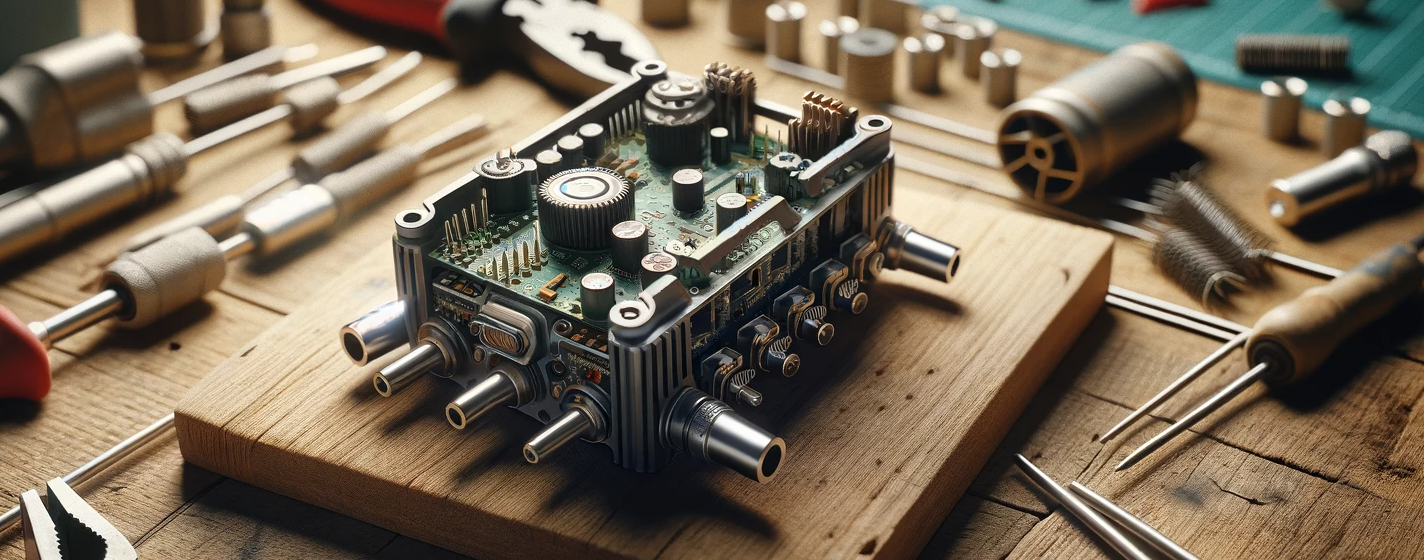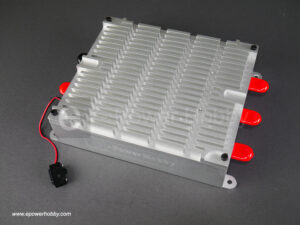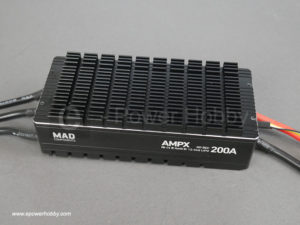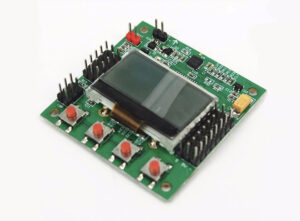Introduction
Electronic Speed Controllers (ESCs) are the unsung heroes of the electronic and remote-controlled vehicle world. These compact devices play a pivotal role in controlling the speed, direction, and braking of brushless and brushed motors. With advancements in technology, ESCs have evolved to cater to a diverse range of applications, from hobbyist RC cars to sophisticated drones and electric vehicles. This article delves into the various types of ESCs and their specific uses.
Brushed ESCs
1. Brushed ESCs: Ideal for beginner-level models and basic applications, brushed ESCs are used with brushed DC motors. They are known for their simplicity, reliability, and lower cost. However, they might not offer the precision and efficiency of their brushless counterparts.
Brushless ESCs
2. Brushless ESCs: These are more advanced and efficient than brushed ESCs. They are used with brushless motors and are prevalent in drones, high-performance RC cars, and electric skateboards. Brushless ESCs provide better control, higher power output, and are more efficient, but they are typically more expensive.
Sensorless and Sensored ESCs
3. Sensorless ESCs: These ESCs operate without feedback from the motor. They are simpler and more rugged but might not offer smooth low-speed control. They are commonly used in applications where precision is not the primary concern.
4. Sensored ESCs: Sensored ESCs use sensors to provide feedback from the motor, allowing for precise motor control. This makes them ideal for applications requiring delicate speed adjustments and smooth acceleration, such as in some RC cars and robotics.
Specialized ESCs
5. Multi-Rotor ESCs: Designed specifically for drones and multi-rotors, these ESCs can manage the rapid changes in speed required for stable flight and maneuvering.
6. Waterproof ESCs: These are designed for use in wet conditions, such as in boats or in off-road RC vehicles that might encounter water. Waterproof ESCs are sealed against moisture but might have limited cooling compared to non-waterproof models.
Conclusion
Electronic Speed Controllers are vital for the precise control of electric motors in various applications. From brushed to brushless, sensorless to sensored, each type of ESC has its unique advantages and is suited to specific applications. Understanding these differences is crucial for anyone involved in designing, building, or operating electronic and remote-controlled vehicles.




